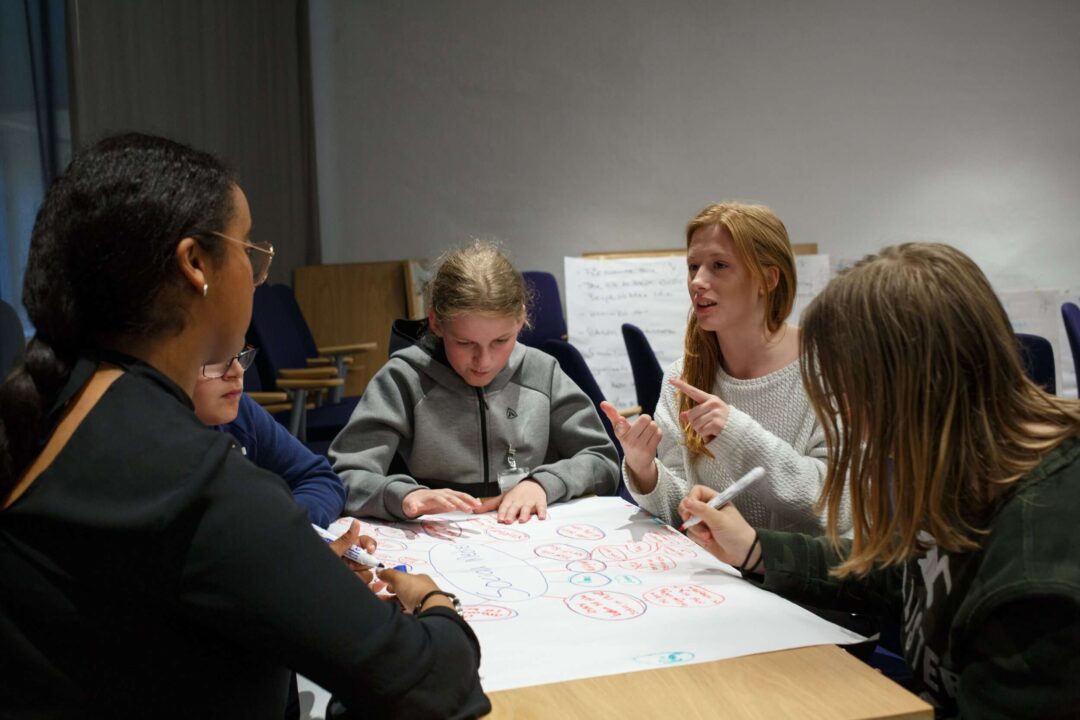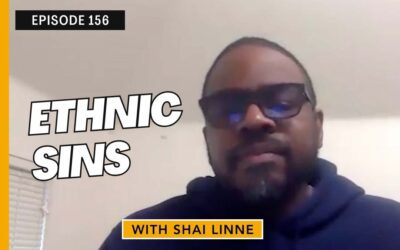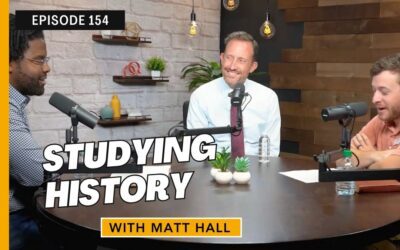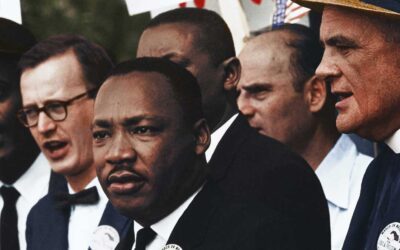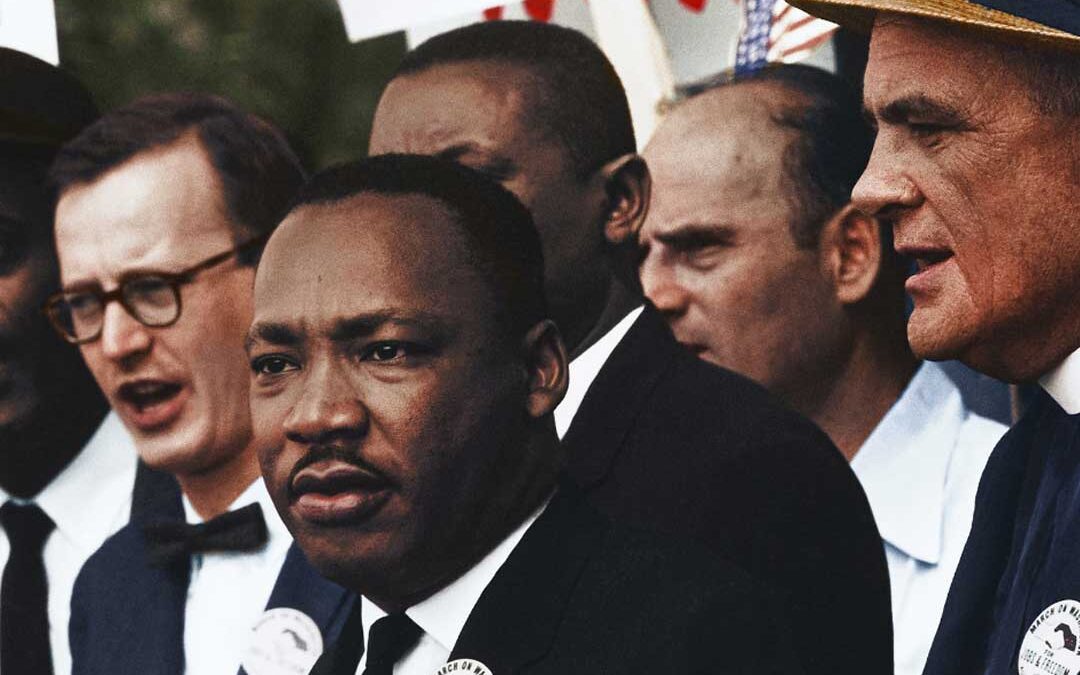Can we learn from other people and that other tribe? It will surprise no one to learn that I was an enthusiastic member of my high school debate team. If your high school experience was different than mine, let me explain how debate works. Topics are announced beforehand. You have to do a bunch of research, formulate your arguments, then on match day you debate teams from your (hated) rival schools.
A judge moderates and scores the debate. The judge decides who wins, but the judge is also looking out for a number of debate sins. These sins all have latin names, because debate club. Probably the most common debate sin for high school students is an ad hominem argument, which is an attack on your opponent rather than the point he or she is trying to make.
If you haven’t done your research and your opponent has, that’s going to show. At that point, it’s going to be tempting to attack your opponent. Because we’re talking about debate nerds, these attacks are usually more sophisticated than, “He’s stupid!” (but not always). It could be questioning what right your opponent has to make the argument, making negative associations between your opponent and people who argue similarly, or appealing to bad arguments in your opponent’s history. Ad hominem arguments might make you feel better in the moment, but they won’t impress the judge.
Many Christians give in to this same temptation in contentious conversations outside the high school debate room. When was the last time you saw or heard someone critically engage Dr. King’s ideas? I can’t remember the last time. I can tell you for certain the last time I heard someone question his theological credentials or personal integrity—on the holiday that bears his name.
If you’re looking for a reason to dismiss a messenger without having to deal with their message, you can probably find one. But there is a better way. God’s people should desire truth and seek wisdom, regardless of who is dispensing it.
In Genesis 12, it was the (presumably) poly-theistic Pharaoh who rebuked Abram and spoke truth to him about his shameful conduct with his wife, Sarah. Was Abram wrong for listening to Pharaoh? Was he engaged in theological drift for listening to the advice of a poly-theist? Of course not. Pharaoh was speaking common grace truth, and Abram needed to hear it.
The reason ad hominem arguments fail is because they do not deal with the substance of an argument. Rather, they rely on placing people in categories: woke, liberal, biggotted, conservative, and on and on.
But Christians don’t cease to need common grace insights when we get saved. Not everything Christians say is right. Not everything non-Christians say is wrong. Truth can be found outside of our theological tribes, and if we never engage foreign ideas, we’ll be liable to assume our tribe is right about everything.
George Whitfield would have been more faithful to the Bible he preached if he would have listened to his deist friend Benjamin Franklin on slavery. Jonathan Edwards had better theology than his Quaker contemporaries, but he should have heeded their calls for abolition. The Christians who sinfully supported segregation were not wrong because they had the wrong Bible. They were wrong because they failed to apply their Bible to their lives, and the hypocrisy was obvious even to outsiders.
We should be like the Bereans of Acts 17, testing and discerning the truth of claims against the Word of God, which is our standard. Theological, political, social, or any other tribal credentials may make us feel better about ourselves, but they do not impress our Judge. And just because He is not handing us a grade report after our interactions or debates, He is no less present. He will call us to account for every word and deed (Ecclesiastes 12:14). Let’s do all things with Him in mind, eager to conform all of our lives under His Lordship. Let’s learn from others because we can—and we should.
Prayer Requests:
- Pray that God’s people would be humble enough to learn from anyone speaking truth.
- Pray that God’s people would be discerning enough to test all things by Scripture.
- Pray that God would give us the wisdom we lack (James 1:5).
- Pray that God would give us love, without which we are nothing (I Cor 13).

